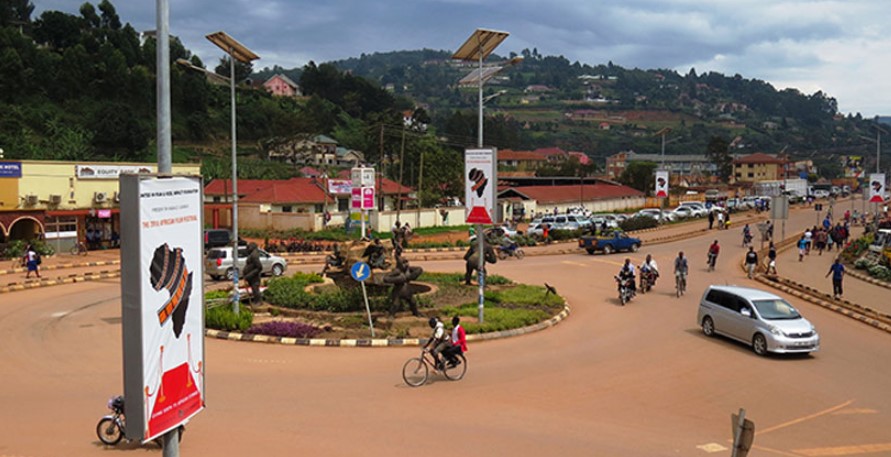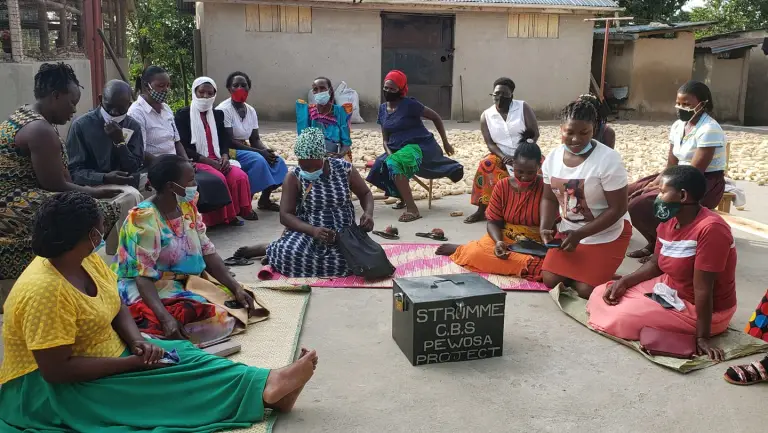Kabale Municipal Council, in partnership with the Uganda Support to Municipal Infrastructure Development (USMID) program, is taking proactive measures to address the persistent issue of flooding in the region. The decision to construct standalone drainage channels independent of road projects was announced by Mr. Alfred Ahimbisibwe, Senior Environmental Officer at Kabale Municipal Council, during a recent press conference held in Kabale Town.
The move comes in response to the ongoing challenges posed by floods, particularly during the rainy seasons. Observing that combining drainage construction with road projects had not proven effective, Kabale Municipal Council opted for a new strategy to manage the recurring issue of flooding.
Mr. Ahimbisibwe highlighted the valley-based geography of Kabale Town as a contributing factor to the long-standing problem of flooding. To combat this issue, the council, with support from the USMID program, initiated the construction of standalone drainage channels. The first phase of this project is underway at the Mwanjari Business Center in Southern Division, with plans for additional areas to be addressed in the second phase, in consultation with private landowners within Kabale Town.
In preparation for Kabale Municipality’s anticipated transition to city status in 2025, as approved by the government, the council is also focusing on comprehensive physical planning with a strong emphasis on environmental considerations.
Additionally, the council, with USMID’s assistance, has acquired a garbage mobile weighbridge worth UGX 50 million. This weighbridge will enable accurate calculations of the amount of garbage generated in Kabale Town, facilitating better waste management planning.
According to Mr. Ahimbisibwe, Kabale Town generates approximately 40 tonnes of garbage annually. Out of this, only 22 tonnes are collected and recycled into manure at the Kirengyere manure processing plant. The remaining uncollected garbage is often used by residents for various purposes, including feeding domestic animals and as direct manure for crop gardens in peri-urban wards within Kabale Municipality.
The introduction of the garbage weighbridge will help the municipality keep a daily record of garbage collection, thus enhancing waste management planning. The council currently spends approximately UGX 245 million annually on garbage collection, and there are plans to privatize this service, requiring residents to pay for garbage collection from their homes.
Mayor Sentaro Byamugisha of Kabale Municipal Council added that in addition to improving waste management and drainage, the council has undertaken beautification programs, including the installation of 200 street lights and the demolition of condemned buildings. The city is also witnessing other significant developments, such as the construction of doctors’ houses at health centers and the Kigongi-Rushaki bridge.
While many residents welcome these planned developments, including the drainage works, street lights, and waste management initiatives, some traders have expressed concerns about the disruptions to their businesses caused by these long-overdue improvements, resulting in financial losses.




















